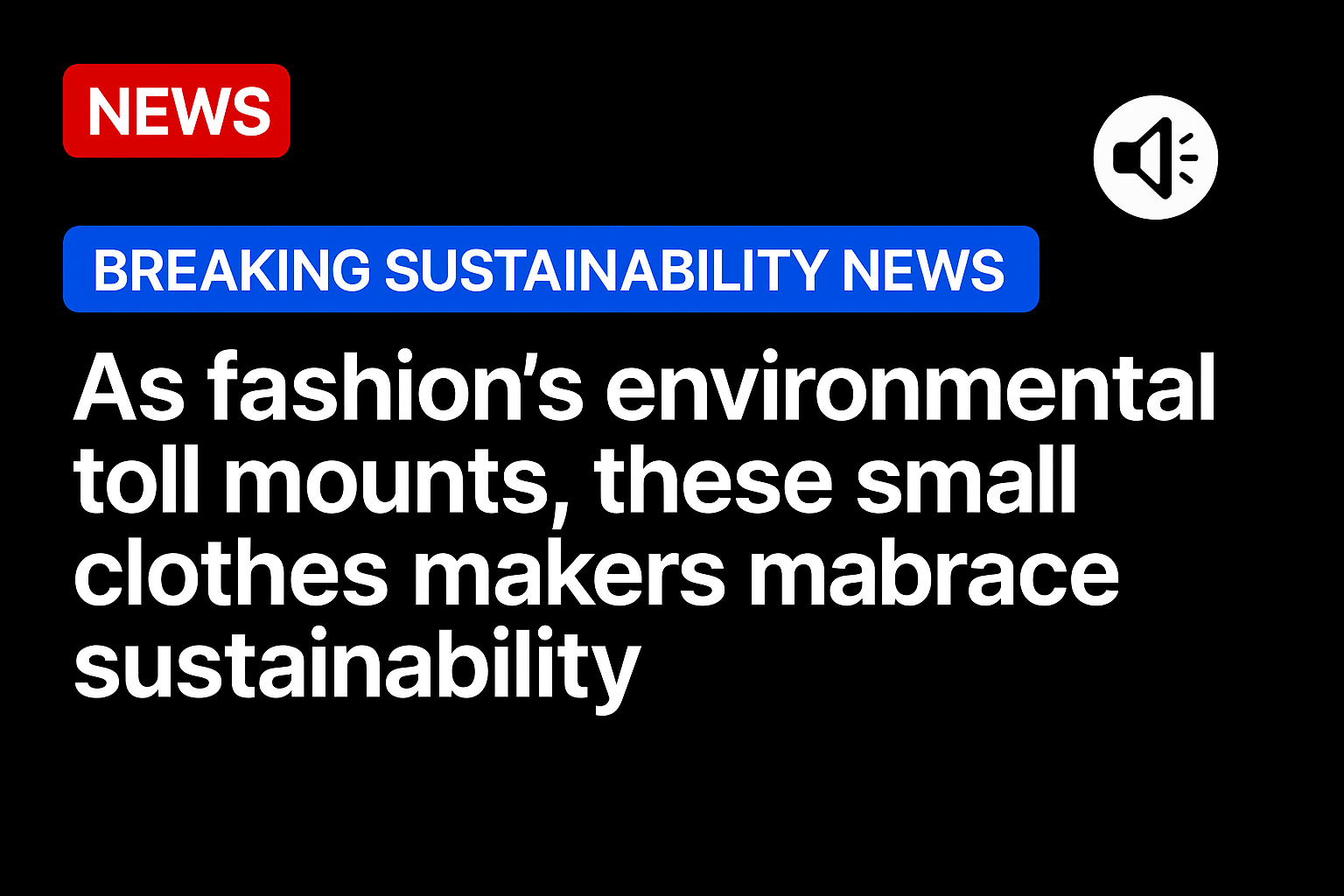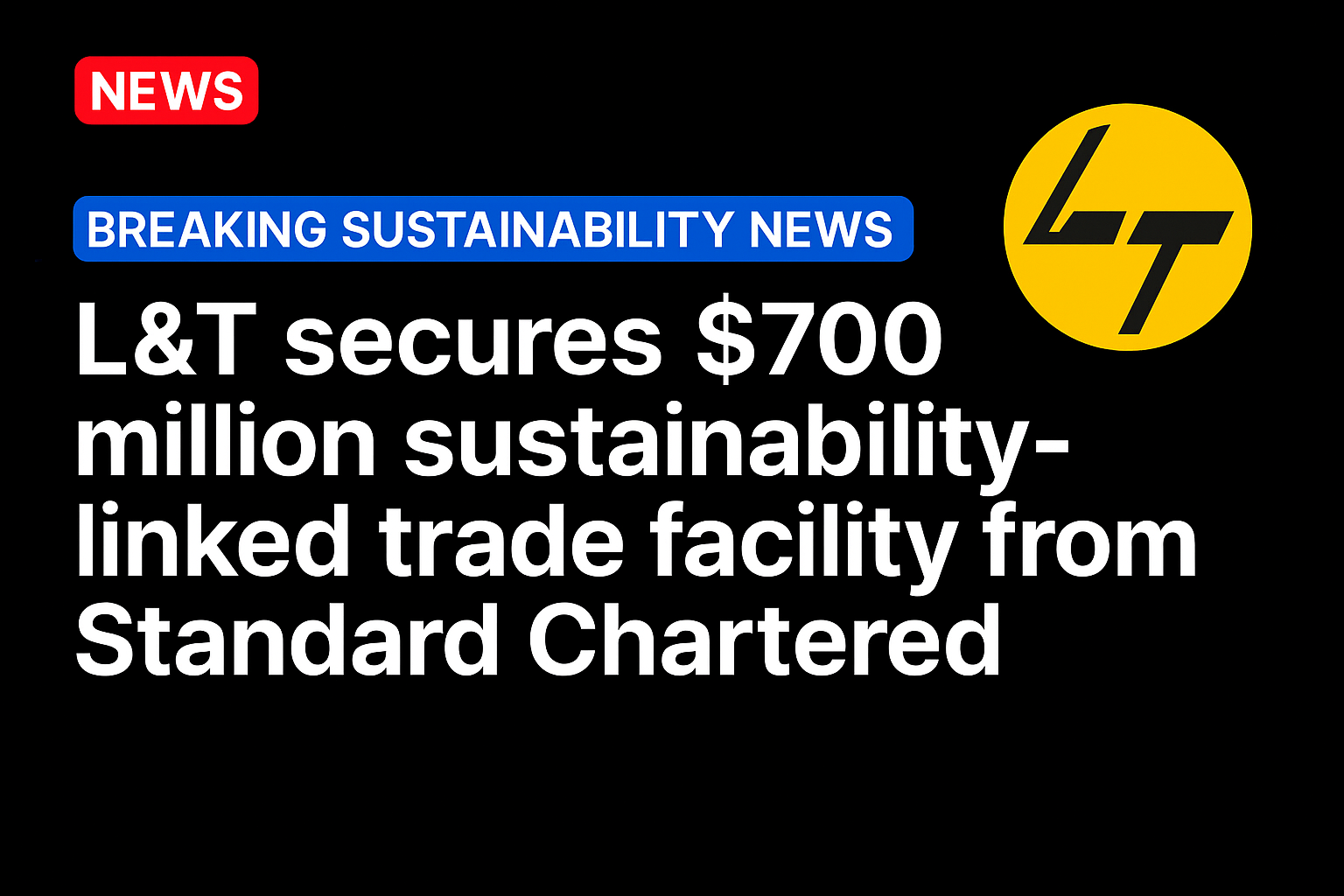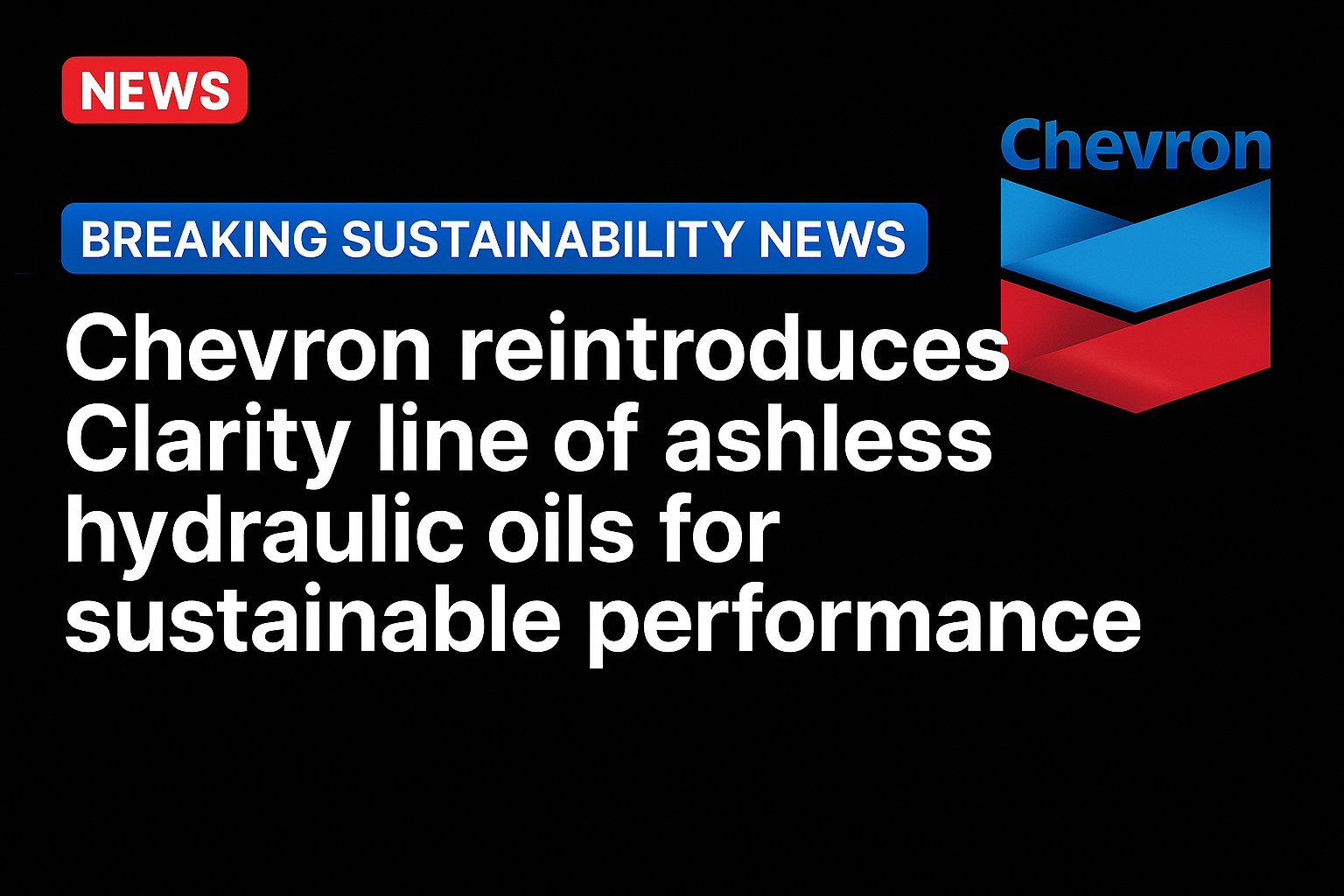On the outskirts of Cape Town, South Africa, sits a bustling garment factory owned by Cape Union Mart, one of the country’s best-known outdoor apparel retailers.
The plant produces about 190,000 puffer jackets a year and Cape Union Mart had been searching for ways to reduce its environmental footprint. So, in 2021 the company partnered with the United Nations Environment Programme (UNEP). The goal was to chart how much water and energy were going into each jacket, and figure out how to use fewer resources.
This life cycle assessment revealed that more than 80 per cent of a jacket’s environmental impact comes from the production of the fabric it’s made from. That led Cape Union Mart to review its procurement criteria, said Pre-Production Manager Michelle Goddard. The company now only buys material from suppliers that meet stringent environmental standards.
“Customers are definitely looking for more sustainable products and, being environmentally responsible makes sense for our brand,” says Goddard. “But even more than that, business as usual is no longer an option. Human activities have caused the Earth’s systems to exceed six of the nine planetary boundaries required for a healthy planet and there is an urgent need for companies to integrate sustainable practices.”
The life cycle assessment was part of a larger UNEP effort to support small- and medium-sized textile manufacturers reduce their environmental impact. From Tunisia to South Africa, this UNEP programme has worked with clothing makers to cut greenhouse gas emissions, phase out toxic chemicals and reduce water use. The programme comes at a time when a growing number of experts raise the alarm about the environmental fallout from the fashion industry. Clothing production is a driver of climate change, a voracious consumer of raw materials, and in some places, a significant source of pollution.
“The world is realizing that we need to change our approach to fashion and textiles,” says Elisa Tonda, Chief of UNEP’s Resources and Markets branch. “We need to design products to be reuseable, durable and recyclable in order to protect the planet from the effects of pollution and waste.”
Between 2000 and 2015, clothing production doubled globally, according to the Ellen MacArthur Foundation. This rapid growth has expanded the industry’s impact on the environment. Experts say the pain is felt more acutely in developing countries. One study published in the journal Springer Nature found that more than 15,000 chemicals are used in making textiles. As well, producing just 1 kilogramme of textiles takes over 0.5 kilogrammes of chemicals.
To help change that, UNEP launched the InTex programme in 2020. Officially called the Innovative Business Practices and Economic Models in the Textile Value Chain, InTex is funded by the European Union and Denmark. It focuses on small- and medium-sized enterprises, which are the vast majority of the world’s textile manufacturers, in five nations: India, Indonesia, Kenya, South Africa and Tunisia. InTex is part of UNEP’s broader Textile Initiative, which aims to create a cleaner, more sustainable textile industry.
At the core of InTex is the idea that the textile industry must move off its linear business model, where resources are gobbled up to make flimsy, disposable clothes. InTex touts a model where garments are made to last, material is recycled, and the use of resources – from water to chemicals – is kept to a minimum. This process is known as circularity and along with sparing the environment, it could generate up to US$700 billion in business opportunities by 2030, found the Ellen MacArthur Foundation.
That potential is something Bilel Ben Miled knows well. He’s the head of sustainability at Tunisia’s Gonser Group, a clothing maker. With UNEP’s help, the company did a deep dive into the environmental footprint of the denim it produces in a factory outside of Tunis, the Tunisian capital. The factory produces 600,000 garments a year.
Following the assessment, Gonser Group developed an energy management platform to track in real time the use of water, steam and gas in the factory. Ben Miled says the system, expected to launch later this year, will help the company spot waste and become more resource efficient, key in a country facing severe water shortages.
Gonser Group also plans to install 300 kilowatts of solar panels on the factory’s roof by 2026, which would cut electricity use by 40 per cent. And it’s evaluating an automated chemical dosing system that could cut the factory’s chemical use by 25 per cent.
“We need to reduce our environmental footprint if we’re going to leave a better world for our children and the following generations,” says Ben Miled.
The work with InTex is part of a broader sustainability push by the Gonser Group. Ben Miled says the company recycles up to 90 per cent of its water. The firm has also certified that more than 90 per cent of the chemicals it uses meet an environmental standard developed for apparel makers.
Gonser Group is a major supplier to European brands, many of which are facing stricter environmental rules, especially on chemicals use. One of the big benefits of UNEP’s InTex programme is that it helps companies improve efficiency, cut costs, and meet the growing demand from sustainable markets in the EU.
“Brands are so engaged now when it comes to the environment,” Ben Miled says. “If we want to continue our business activities and expand our markets, we need to invest in sustainability.”
UNEP’s Tonda agrees.
“By considering sustainability and circularity in their procurement criteria, international brands can influence changes in the entire supply chain, decreasing the overall environmental impacts of production.”
Since its launch in 2020, InTex has supported 32 small and medium enterprises develop roadmaps for reducing their environmental and socio-economic impact. Some 230 company representatives have been trained in circularity. The programme is now expanding to India and Indonesia, aiming to work with 60 more business and improve access to financing for small textile makers, which often struggle to get loans.
The European Union has recognized InTex for its role in building a more sustainable global textiles industry.
“This is an important programme because it shows clothes makers that it is possible to both protect the planet and bolster the bottom line,” says Tonda. “And it also demonstrates that investing in sustainability can give smaller businesses a competitive edge.”
UNEP’s work is made possible by flexible contributions from Member States and other partners to the Environment Fund and UNEP Climate, Nature and Pollution funds. These funds enable agile, innovative solutions to climate change, nature and biodiversity loss, and pollution and waste. Learn how to support UNEP to invest in people and planet.
Source: https://www.eco-business.com/




